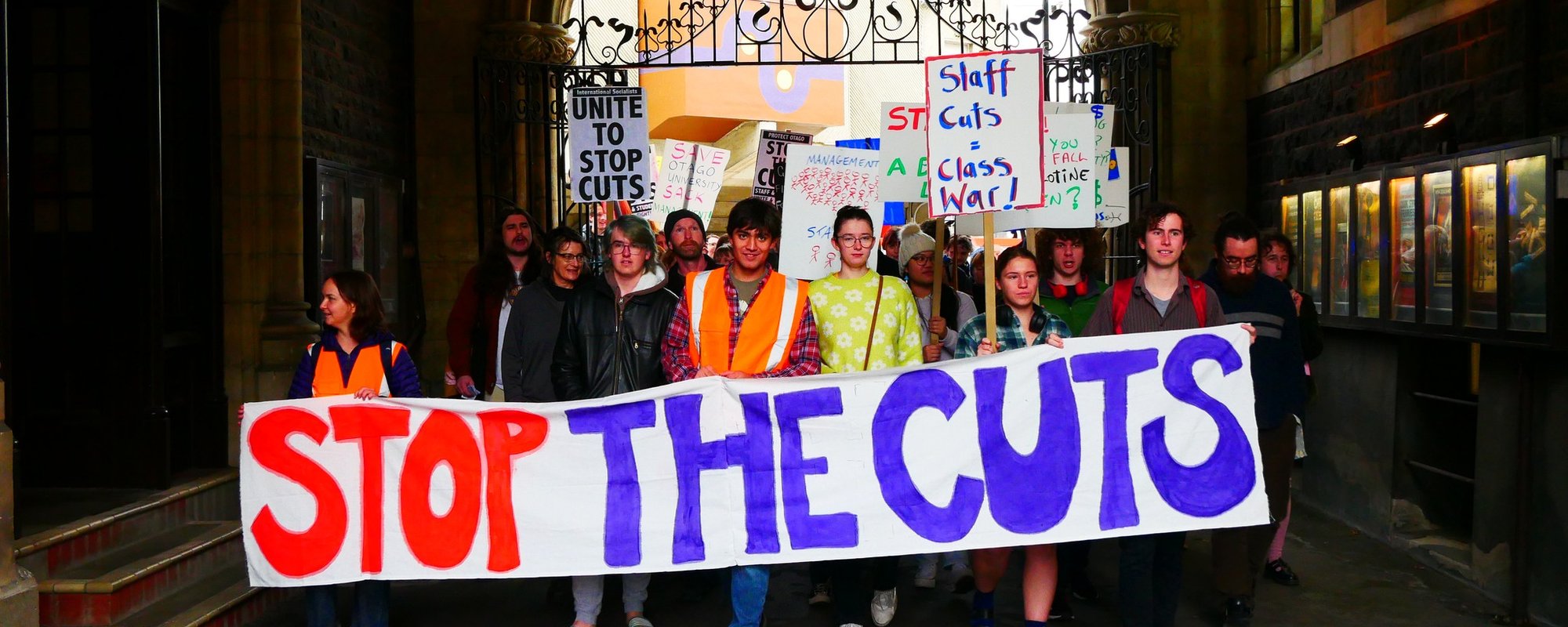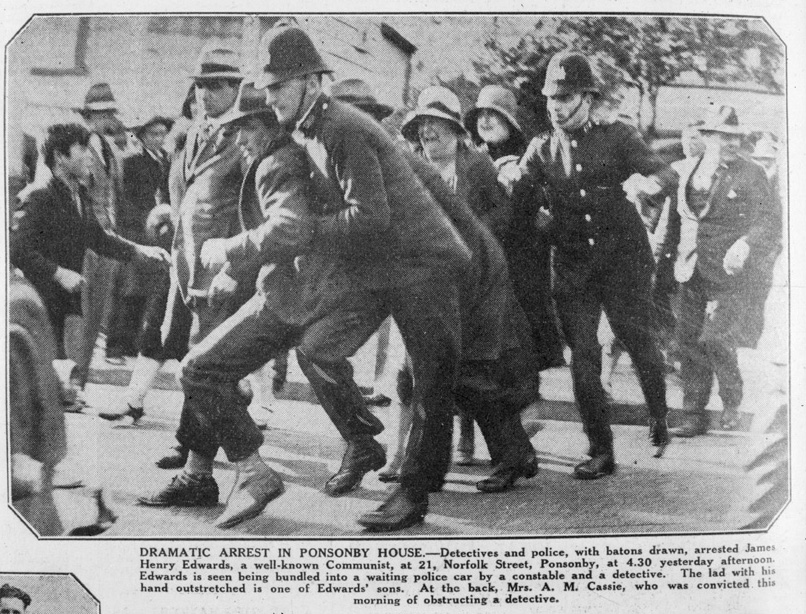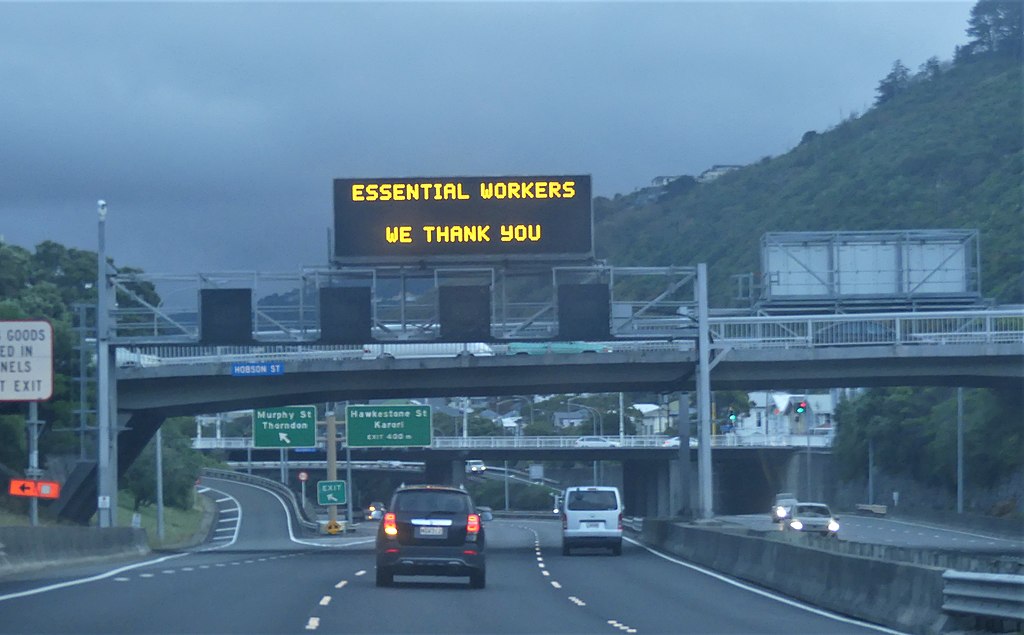The Black Lives Matter movement has succeeded, in just over a month, in moving mass consciousness and mass discussions over racism further than years of well-meaning educational programmes. The movement, in its size, youth, anger and multiracial composition, offers an image of hope and the way forward. The leadership of young Black demonstrators has given a banner for the multiracial working class to rally around. The contrast with the division and hate of Trump’s rhetoric is stark. Racism is a scourge on modern society and we celebrate and draw inspiration from the masses of people rising up around the world to fight it.
These protests necessitate a renewed focus on debate and discussion: where does racism come from? Why does it persist? How do we build movements to end racism?
As Marxists, we see racism not simply as prejudiced ideas or bad attitudes in individuals’ heads. Rather, as Angela Davis puts it: “Racism is integrally linked to capitalism … I think it’s a mistake to assume that we can combat racism by leaving capitalism in place.”
In Aotearoa the racist ideology of the British capitalist class was used to justify the brutal dispossession of Māori of their land. In the Land Wars Māori were dispossessed by military forces. After the passing of the New Zealand Armed Constabulary Act of 1867 police militias joined the military action. Dispossession was continued through successive versions of the Native Land Act and devious means to inveigle Māori to sign over land. As Māori were robbed of their land they had no choice but to be drawn into the capitalist system as wage workers.
Capitalism perpetuates, and economically benefits from, maintaining racism. Racism benefits the capitalist class. Workers divided amongst themselves by prejudice are unable to unite in common cause. Those parts of the United States where racial economic disparities are the greatest are also where white workers are the least well-off economically. Divide and rule is the tried and tested strategy of ruling classes through the ages, but division on the grounds of race only started with capitalism and the slave trade. The loudest voices against so-called ‘special treatment’ for Māori here are always the same right-wingers who attack workers’ rights more widely.
Racist oppression and capitalist exploitation intertwine, hurting Māori and non-white workers more at the same time as they hurt the whole working class. As Romany Tasker-Poland has written previously in Socialist Review, “Because of their historical marginalisation within the working class, attacks on the working class disproportionately affect Māori […] disproportionate poverty endured by racialized minorities benefits the capitalist class. Underpaying Māori workers increases the bottom line for employers, and it also serves to drag down the wages of the class as a whole.”
Racism is more than individual prejudice; it is a system of oppression. And systems are not changed by reading lists, education or cultural training. If we leave our understanding of racism to be a question of individuals who need to be better educated, it does nothing to confront the historic, economic and systemic roots of racism.
Mass protests against racism inherently challenge the capitalist system that breeds it. The mass mobilisations against racism also show a positive strategy for the way forward. We need ordinary people out on the streets to win this fight. Moreover, to end racism we need the economic might of a multiracial working class to bring the system to its knees.
That strategy of working-class unity, however, runs against the common sense being promoted at the moment that “white privilege” is the driver of racism. The language of privilege shifts the discussion from seeing the connection between capitalism and racism to a focus on individuals’ personal culpability. And, that leaves us with no direction to tackle the source of racism.
While it is undeniable that Pākehā are not subjected to the same racism as Māori, it is deeply troubling when not being racially oppressed is termed as a ‘privilege’. Not being subjected to racism is not a privilege. It should be everybody’s right. Being able to walk down the street without risk of police violence should not be considered a privilege. As Helen Ngo argued in Overland, such instances of oppression “are the stunning deprivation and non-protection of rights. To frame them as privileges therefore minimises the gravity of what is being denied to Blacks and First Nations peoples.” This is not simply semantics but goes to the heart of the issue. We should be outraged Māori face systematic discrimination; it is a gross denial of human dignity and opportunity.
Ironically, talking about ‘white privilege’ leads to a renewed focus on whiteness at the very time when a Black rebellion is giving us a model of multiracial working-class unity. Privilege talk suits the middle-class world of academia: it challenges nothing and can be confessed (people can ‘acknowledge their complicity’) without having political consequences. Ngo describes white privilege generating “a self-absorbed, self-indulgent, introspection that has more to do with airing and owning white guilt and white shame than motivating political action.”
But struggle changes consciousness. Surveys have shown shifts in social attitudes across the United States as Black Lives Matter protests take place: people are being forced to decide where they stand. Action – demonstrations, demands, solidarity – is a form of education, showing the anger of the oppressed and giving them a sense of their own power. This can forge wider alliances with other working-class people who see the justness of the cause and the attraction of resistance.
We should all be looking to the leadership and inspiration that has come from the Black rebellion. Those who have been drawn to this rebellion, and who want actively to show their support for it, are the best audience for the debates and arguments around winning liberation. Struggle can transform consciousness.








